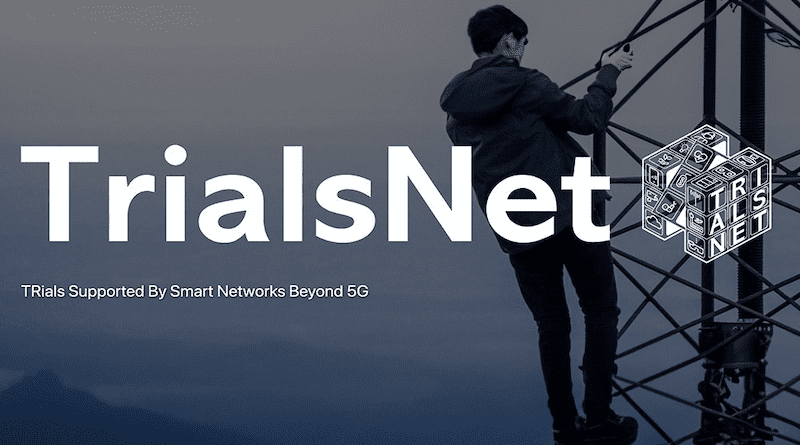Large-Scale 6G Technology Trials Carried Out To Improve Quality Of Life In Urban Environments
The Universidad Carlos III de Madrid (UC3M) is taking part in a European consortium that will carry out large-scale trials to implement innovative 6G applications based on various technologies, such as the metaverse, cobots (collaborative robots) and the Internet of Senses. These applications could have a significant impact on the management and improvement of Europe’s urban ecosystems. The European TrialsNet project is being carried out within the framework of the Horizon Europe programme.
In recent years, the implementation of 5G technology has made it possible to achieve higher speed, decrease latency (the time it takes for data to be transferred) and improve reliability. But at the same time, the requirements and uses of 6G networks are beginning to be defined, and at this stage it is necessary to discern and test in which cases current technology is not capable of providing adequate performance to support the applications and uses envisaged for 6G.
This need is met by TrialsNet, a European research project that will carry out large-scale experiments on use cases that can improve the quality of life in urban environments. It will use advanced network technology to make progress in three areas: infrastructure, transport, safety and security; eHealth and emergencies; and culture, tourism and entertainment.
“Our goal is to test this cutting-edge technology at both the network infrastructure and application level, on a large scale and with a broad base of real users. We will implement it in museums, airports, hospitals and sports venues to assess both the social benefits and the performance of this technology,” says Marco Gramaglia, a lecturer in UC3M’s Telematics Engineering Department and a researcher on this project.
The development of this project will help application developers to understand the benefits of current 5G technology and manufacturers to know the necessary features for the applications envisaged in 6G networks in order to focus the next phase of research. “These advantages will allow developers to make the most of current technology and provide operators and manufacturers with a clear direction for future research in the evolution towards 6G. The result will be useful for both industry and academic researchers, as it will allow us to understand what is needed for the next generations of mobile networks,” says Gramaglia.
The project also has an Open Call, where new use cases, improvements to existing cases and new network deployments can be proposed.

